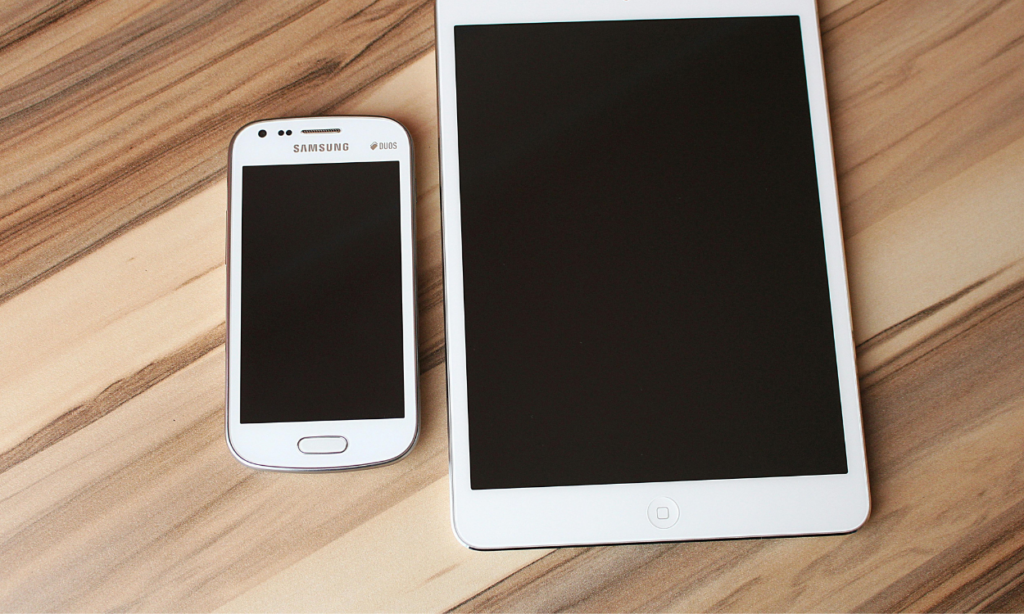Mobile Phone: Transforming Communication and Modern Life
The mobile phone has revolutionized the way we live, work, and communicate in the 21st century. This small yet powerful device has become an integral part of our daily routines, influencing every aspect of our lives, from how we connect with others to how we access information. With the rapid advancements in mobile phone technology, the world has witnessed a transformation in communication, commerce, and entertainment, making the mobile phone an essential tool for modern living.
Table of Contents
The Evolution of the Mobile Phone
The journey of the mobile phone began with a simple goal: to allow people to communicate wirelessly. The first mobile phone, developed by Motorola in 1973, was a bulky device weighing over two pounds and offering only limited functionality. However, as technology advanced, the mobile phone quickly evolved into a more compact and user-friendly device. By the 1990s, mobile phones became smaller, more affordable, and accessible to the general public.
The introduction of the smartphone in the early 2000s marked a turning point in the mobile phone industry. Smartphones, such as the iPhone and Android devices, combined the capabilities of a mobile phone with those of a computer, providing users with internet access, apps, and a variety of features that went beyond simple voice communication. Today, mobile phones are used not only for making calls and sending texts but also for browsing the web, streaming media, managing finances, and much more.

The Impact of Mobile Phones on Communication
Mobile phones have fundamentally changed the way people communicate. With the ability to make calls and send text messages from virtually anywhere, mobile phones offer a level of convenience and flexibility that was previously unimaginable. Additionally, the rise of mobile phone apps like WhatsApp, Telegram, and Facebook Messenger has made it easier than ever to stay in touch with friends and family across the globe. These apps allow for instant messaging, video calls, and sharing of multimedia, all of which have enhanced communication on a global scale.
The mobile phone has also transformed how businesses operate. Professionals can now communicate with colleagues, clients, and partners in real-time, regardless of their location. Mobile phones have become essential for conducting virtual meetings, sending emails, and managing projects on the go, making them indispensable for both remote work and global business operations. This ability to stay connected at all times has increased productivity and fostered collaboration across industries.
The Role of Mobile Phones in Education and Learning
One of the most significant contributions of the mobile phone is its role in education and learning. With mobile phones, students and professionals alike have access to a vast array of educational resources. Mobile apps such as Khan Academy, Coursera, and Duolingo provide on-the-go learning opportunities for individuals to acquire new skills, complete courses, and even earn certifications from prestigious institutions.
Mobile phones also support distance learning, allowing students to attend virtual classrooms and engage in online discussions with peers and educators. This has been especially important during the COVID-19 pandemic, as mobile phones enabled students to continue their education despite the closure of physical schools and universities. Moreover, mobile phones have made education more inclusive by providing access to information in regions with limited infrastructure.
Mobile Phones and the Economy
The mobile phone has had a profound impact on the global economy. The development of mobile phone technology has spurred the growth of new industries, from app development to mobile payment systems. Mobile phones have created countless job opportunities worldwide, whether through manufacturing, network services, or software development.
One of the key drivers of economic growth has been mobile commerce (m-commerce). With mobile phones, consumers can shop online, make payments, and conduct banking transactions from the palm of their hand. The convenience of mobile phones has revolutionized how people interact with businesses, leading to the rise of platforms like Amazon, eBay, and Alibaba. Mobile payment systems, such as Apple Pay, Google Wallet, and PayPal, have further facilitated secure and fast transactions, making m-commerce a dominant force in today’s economy.
In developing countries, mobile phones have played an even more critical role in economic empowerment. Mobile banking services, like M-Pesa in Kenya, have provided access to financial services for people in remote areas who previously lacked access to traditional banking infrastructure. This has helped individuals start businesses, send and receive money, and improve their quality of life.

The Mobile Phone as an Entertainment Hub
Beyond communication and commerce, the mobile phone has become a central hub for entertainment. With the advent of high-speed internet and streaming services, mobile phones now offer endless entertainment options. Users can stream movies and TV shows on platforms like Netflix, Hulu, and YouTube, listen to music on Spotify or Apple Music, and play video games, all from their mobile phones.
Mobile phones have also contributed to the rise of social media, with apps like Instagram, Twitter, and TikTok dominating the digital landscape. These platforms provide users with a space to share their lives, opinions, and creativity, all while engaging with a global audience. The mobile phone has made it possible for people to stay entertained, informed, and connected no matter where they are.
Additionally, the mobile phone has democratized content creation. With advanced camera technology and editing apps, anyone with a mobile phone can create professional-quality photos and videos. This has led to the growth of influencers, content creators, and vloggers who use their mobile phones to build online communities and share their unique perspectives.
The Future of Mobile Phones
As technology continues to evolve, so too will the capabilities of the mobile phone. The introduction of 5G technology promises faster internet speeds, reduced latency, and improved network reliability, which will open up new possibilities for mobile phones. Augmented reality (AR) and virtual reality (VR) are also expected to become more integrated into mobile phones, offering immersive experiences for gaming, education, and virtual meetings.
The mobile phone is also set to play a pivotal role in the development of the Internet of Things (IoT). With IoT, mobile phones will serve as a control hub for a wide range of connected devices, including smart home appliances, wearable tech, and autonomous vehicles. This interconnectedness will make life more convenient, efficient, and customizable for mobile phone users.
Moreover, mobile phones are likely to continue driving innovation in health and wellness. Mobile health apps and wearable devices already monitor vital signs, track physical activity, and provide insights into personal health. As mobile phone technology advances, these tools will become more accurate and comprehensive, empowering individuals to take charge of their health and well-being.
The Challenges of Mobile Phone Usage
While the mobile phone offers numerous benefits, it also presents certain challenges. One of the primary concerns is the overuse of mobile phones, which can lead to issues such as digital addiction, social isolation, and disrupted sleep patterns. With the constant notifications and easy access to social media, many people find it difficult to disconnect from their mobile phones, which can negatively affect mental health and well-being.
Another challenge is data privacy and security. As mobile phones store vast amounts of personal information, they are susceptible to hacking, phishing, and data breaches. Ensuring that mobile phone users have access to secure networks, apps, and encryption technology is crucial for protecting their privacy and safeguarding sensitive information.
Conclusion
The mobile phone has undeniably reshaped the modern world, impacting nearly every aspect of daily life. From communication and entertainment to commerce and education, the mobile phone continues to be a driving force of innovation and connectivity. As mobile phone technology advances, its influence on global society will only grow, providing even more opportunities for users to enhance their lives and stay connected in ways that were once unimaginable.





